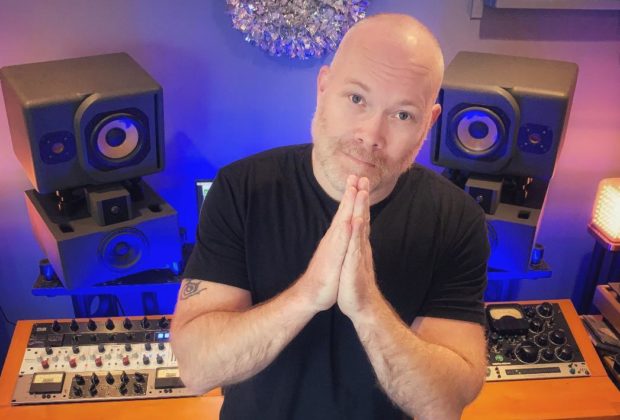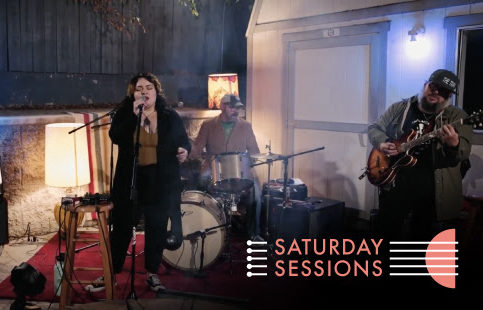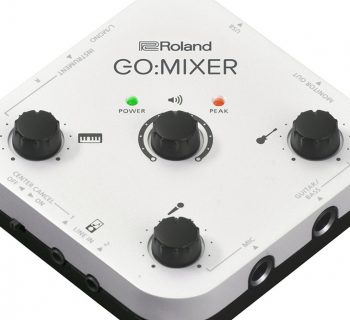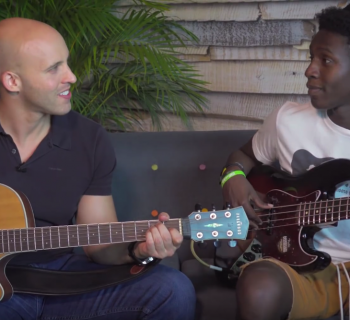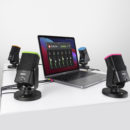Mastering Big Names and Indies For Over 15 Years: Since veteran mastering engineer Hans DeKline was last profiled in MC in 2013, there have been two significant changes. First is the shift from calling his Los Angeles-based mastering studio Sound Bites Dog (a reference to a lyric he wrote as the frontman of indie band Maypole) to the more straightforward Hans DeKline Mastering. There’s also his designation as “Grammy Winner” for his work on Lisa Loeb’s Feel What U Feel, which won in 2018 for Best Children’s Album. Yet after mastering thousands of recordings––including 10 for Loeb––and averaging some 1,200 songs per year, he simply says, “If you do this at a certain level every day of your life for this long, something’s bound to stick.” Though his history includes major names like U2, Pixies, Matt Nathanson, James Fearnly (The Pogues) and Veruca Salt, he estimates that 90 percent of his clients are indie artists and bands.
Dedication to Customer Service: With a combination of high-end analog and digital technology, a JCF Custom Console, various comps, EQs and amps, DeKline has designed a studio that artfully balances fidelity and function, offering state of the art, affordable mastering done now exclusively via the internet. Every sonic decision is made based on his answer to the question: “Does it sound good? Is it musical?” Yet just as important to the success of his largely referral based business is his focus on flexible scheduling and highly personalized customer service. “If you want to be great at any business, the first lesson is that you’re in customer service,” DeKline says. “You have to talk to people and find out what they want—not what you want to do to their music but what they want from their music. I pride myself on having real relationships and caring.”
A Veteran Musician Connecting With Musicians: DeKline’s extensive background as a musician and artist helps him connect and empathize with his clients in a way that strictly tech-oriented mastering engineers cannot. He started experimenting with 4-track machines as a teenager and secured a record deal after graduating with a graphic arts degree from the University of Arizona. After four years of touring, which segued into mixing and producing, he started mastering tracks at home for friends who found pro studios too expensive. “Nobody fawned over my work as a producer or mixer, but when recording engineers heard my mastering work, they loved it, and it made sense to shift gears,” he says. “Understanding the language musicians speak is important. It’s not always technical. If somebody says they’re not feeling it or asks you a question, you need to be able to decipher and answer the how and why without beating them up with overly technical jargon. Having been a professional musician who attended many mastering sessions without knowing anything about it at the time, that was important to me then and now.”
Contact Hans DeKline Mastering, 310-621-1896

